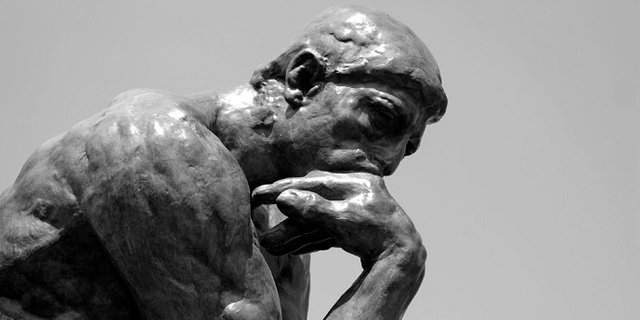Socio-philosophical ideas in Max Weber's teachings /last part/
Rational type of dominance (legal) - typical of a modern type of developed capitalism. Obedience is not to personalities, but to procedures, laws (to something impersonal). Both governors and governors obey power. Weber's most pure form of legal dominance is bureaucracy (as strictly and clearly regulated rules, rights, obligations, and related procedures).
Every form of domination according to Weber is present in all ages, but one or another form prevails in a certain age.The legal domination, according to Weber, has a weaker legitimizing power than others.Weber notes that bureaucracy can also bring negatives - the spread of bureaucracy leads to forgetting the values that it has created (it - bureaucracy).The third major topic in Max Weber is "the spirit of capitalism" - he tries to explain the specifics of Western capitalism with certain cultural phenomena (in particular, with protestantism). Weber compares the pagan understandings of Catholics and Protestants.
Catholics understand religion as a subordination to the religious institute, while the Protestants almost disappear from this function of the church. According to Weber, "calling" is understood as a profession, a realization ("beruf" in German means "profession" and "realization" and "vocation"). Protestants begin to live in religion through their real-life activities.
The term "asceticism" is also rethought. In Protestance, asceticism is treated as a life in which what you have produced you have to preserve it and pass it on to the next generation (not to give up forever).

This post has received a 5.09 % upvote from @boomerang.
To listen to the audio version of this article click on the play image.

Brought to you by @tts. If you find it useful please consider upvoting this reply.